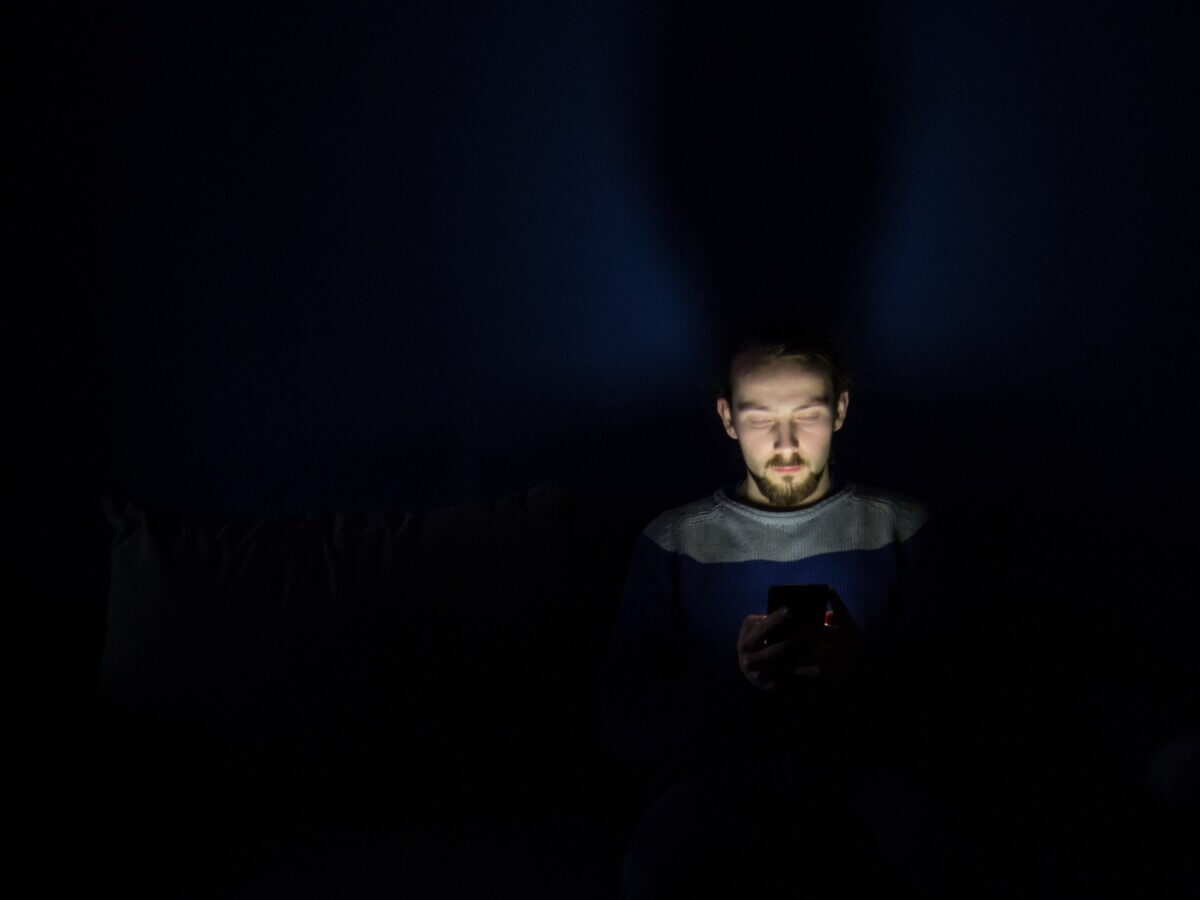
Image by Krzysztof Kamil from Pixabay
SAN FRANCISCO — Exposure to smartphone screens at night may be linked with poor sleep quality and insomnia, a recent study from the University of California, San Francisco finds. Researchers say that blue light emitted from smartphone screens can make it difficult for the body to enter its sleeping cycle, particularity around bedtime.
“Light in the blue spectrum, such as light produced from a smartphone, can suppress production of melatonin, leading to decreased drowsiness, difficulty initiating sleep, and non-restorative sleep,” according to the study, which was published in November in the PLOS ONE.
To find out how blue light affects sleeping patterns, scientists measured how many hours 653 participants used smartphones over 30 days. They found that the median time for the entire month was 38.4 hours (3.7 minutes per hour), and cross referenced the data with a sleep survey.
The study, which took into account self-reported nighttime use of smartphones, medical information and the sleeping habits of participants, concluded that more smartphone use correlates with shorter sleep.
“Longer average screen-time was associated with shorter sleep duration and worse sleep-efficiency. Longer average screen-times during bedtime and the sleeping period were associated with poor sleep quality, decreased sleep efficiency, and longer sleep onset latency,” the study says.
Though the study cannot find a link for causation, it sustains that effect-cause is a possibility and that more studies are required.
“Our findings suggest that smartphone screen-time is an important exposure associated with worse sleep,” the authors write. “Since poor sleep has important health consequences, further investigation to determine the causal relationship between smartphone use and sleep is necessary.”










